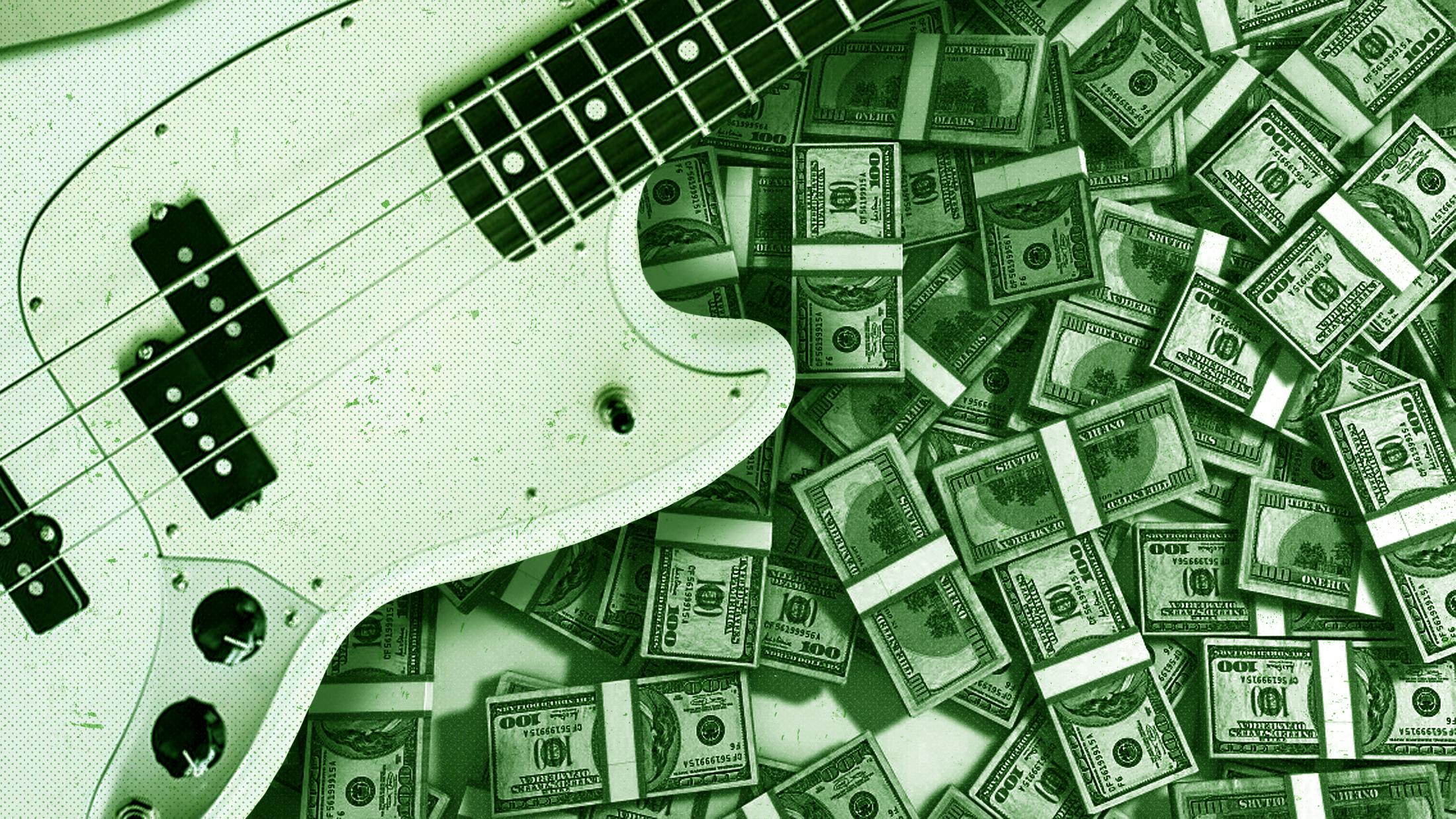“Our competitors simply don’t do these things,” says Primary Wave CEO Larry Mestel. “And that’s the biggest reason why artists are looking to sell to, or partner with Primary Wave.”
Larry explains that he’s only in “the icon and legend business” and that rock and metal catalogues “tend to hold up over time extraordinarily well”. But he insists artists always remain in charge of how their songs are used.
“We give artists complete control in saying no,” he says. “We have a track record of being artistically friendly, of increasing the value of the catalogues and the partnerships we’ve entered into. Our best references are our artists.”
However, Larry warns that not every company coming into the market may be so respectful. Primary Wave has been backed by financial giants BlackRock, but while they, Blackstone (which has invested in Hipgnosis) and KKR may sound like metal bands, bankers and rock stars make for an unlikely alliance. After all, financial institutions wouldn’t invest billions unless they were confident of getting even more back.
“It should be a concern to the artist community, because some people have no creative sensibility or marketing or brand sensibility,” Larry says.
Others in the industry are also concerned. None of the rock managers spoken to by Kerrang! for this piece wanted to go on the record, but several worry that songwriters are rushing into deals that will lose them money and credibility in the long run.
Crispin Hunt is chairman of songwriters group The Ivors Academy and a songwriter who has worked with the likes of You Me At Six. And he warns that younger writers in particular should resist the urge to sell, despite the financial pressures caused by the pandemic.
“If a genius in his 80s can get £200 million for his songs, then why not?” he says. “But there aren’t many people who can command that kind of figure. People are saying, ‘I can’t survive at the moment, somebody’s offering me half a million quid,’ but, if they held onto it, their grandchildren would probably see £10 million. We’ve been forced into a corner where everybody’s just got to take the money – one in the hand is worth 20 in the bush.”
